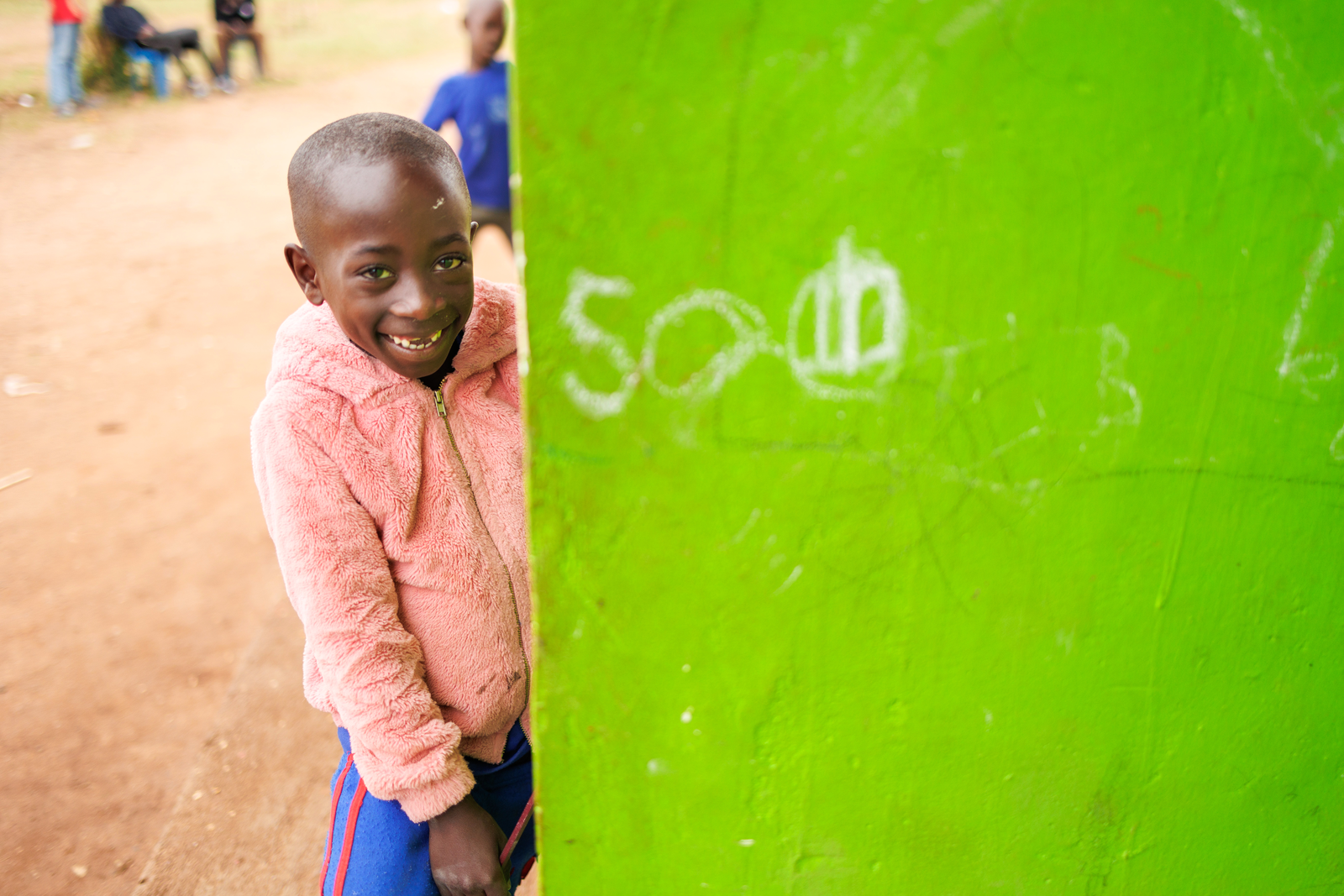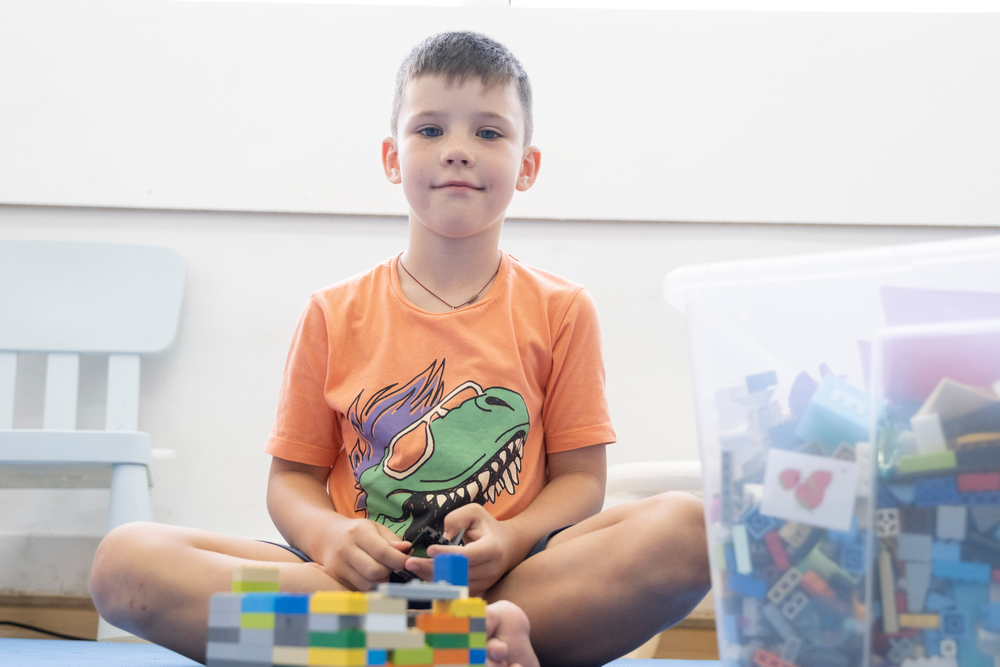
‘I release my pain’: Syrian refugees and New York children write letters to each other
Education in emergencies, Refugees and internally displaced people
The 1,000 Letter Project lets the refugees in Lebanon share their hopes and dreams with young people thousand of miles away.
Syrian child refugees in Lebanon are using hand-written letters and drawings to bridge the vast gap between their experiences and the lives of other children in New York.
The 1,000 Letter Project allows the young refugees to share their hopes and dreams. So far about 700 letters have been exchanged between the refugees and children in Hudson, New York, since the project started several months ago.
“I release my pain when I write these letters,” said Nijmeh Almawla, a 14-year-old Syrian refugee living in an informal settlement south of Lebanon’s capital Beirut.
“Somebody is listening to me and finally someone is hearing me,” she told the Thomson Reuters Foundation.
The United Nations refugee agency UNHCR says nearly one million Syrians are registered as refugees in Lebanon – and account for about a quarter of its population. More than one in four Syrian refugees in Lebanon are children.
The project is a joint effort between Help Syria’s Kids, a US charity that assists young Syrian refugees in Lebanon, and Imagine Workshop and Concert Series (IWCS), a Lebanese art and outreach programme.
The goal is to exchange 1000 letters by the end of 2018.
Danette Gorman, the founder of Help Syria’s Kids, which is based in Hudson, said the idea was to create “unity between children” and help them understand how the other lives.
The letters and drawings were exhibited last week at the Lebanese American University in Beirut, where some of the Syrian children performed a song as part of a larger IWCS concert.
“I want to learn to speak your language,” one of the letters that came from New York read. Another said: “I hope you get the things that you need like a lot of food.”
“It shows that people care,” said IWCS director Seba Ali.
“It gives them self-esteem and tells them that they are a very, very important part in our society and that they matter.”
Among the letters were drawings, one of which – drawn by a Syrian child – was of a broken heart with a knife through it.
“Seeing is different from hearing. And when they read how we are living it will affect them … they don’t know how bad our living conditions are,” said 12-year-old refugee Baraa’a Anter.
“I am every happy because I am talking to them,” she added with a beaming smile. “And I hope one day I can see them and they can see me.”

More news

Theirworld’s mission to give children in crises a safe place to learn
